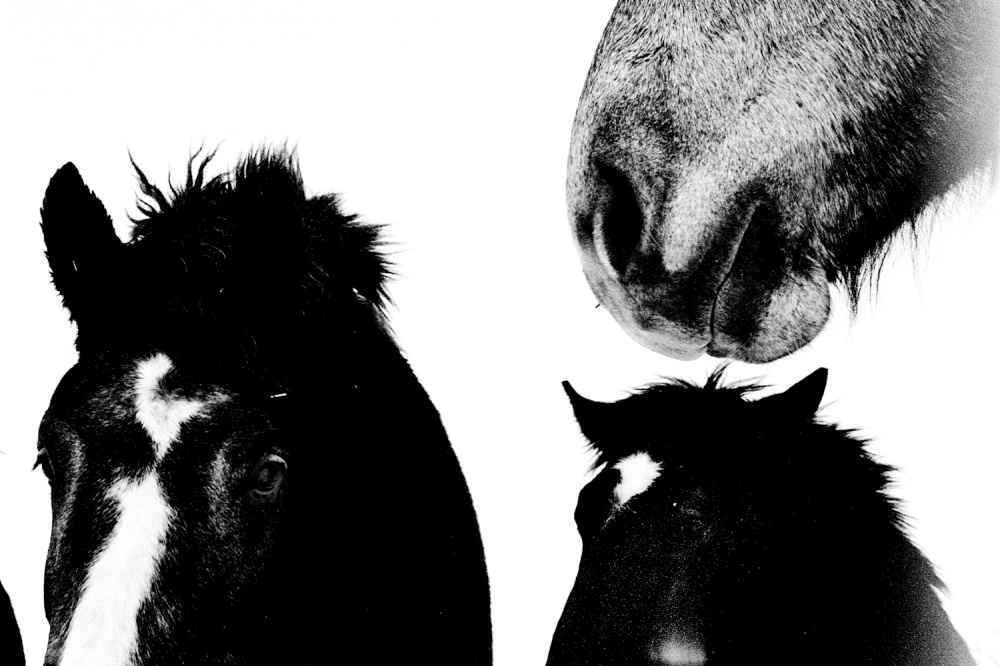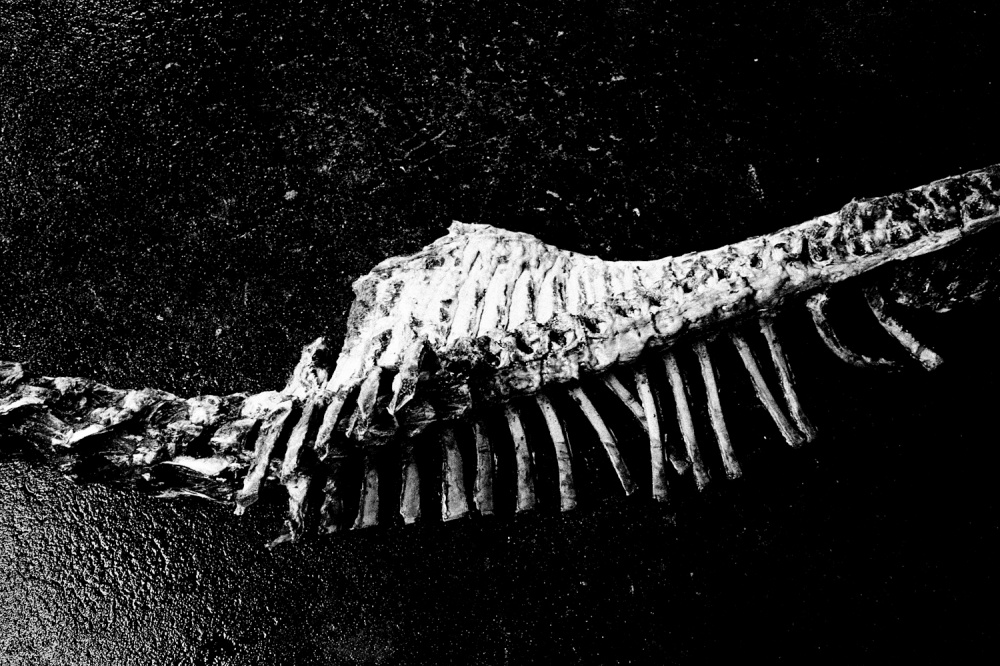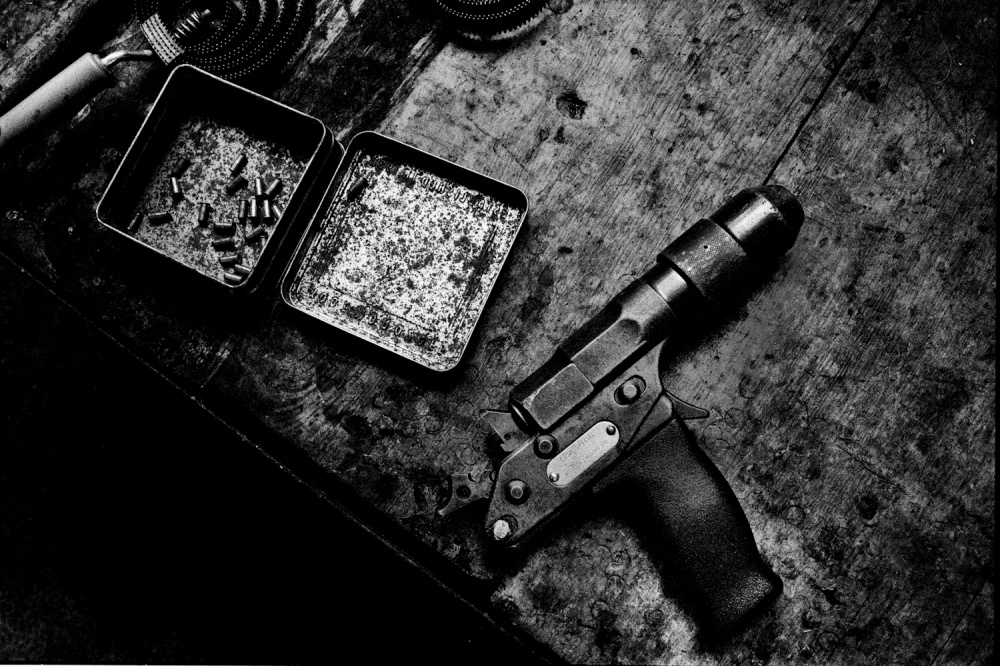"This series depicts the life of horses in the island of Hokkaido in the coast of Japan. Here, horses are mainly a resource of food and gambling. Through this project, I hope to bring awareness to their life and use of horses in Japan. This story is my tracking of horse life to make sure what it's going on from the birth to death. In the end it's coming from a piece of my memories to try to link the other reality that "we eat horse"
The farmer told me “It will happen after dusk”. One day in Spring, at midnight, when the rain was drizzling and the temperature was getting warmer I heard from outside my room: "Hey, it’s born!" It seemed like someone was beating at my door. Since I was fast asleep, I tried to regain consciousness. "You're coming with me! It's almost the break of dawn." I tried to understand what was going on.
“Oh my god…”
When I arrived at the stable, it was already on the ground standing on its own four legs. The farmer mumbled: “Bouncing baby boy”, It was like the arcane ritual of his long and winding road. "I'm sure he will become a great racing horse." The farmer said with a low voice as he was gazing at the young pony. After only a couple of hours, he tried to get milk from its mother. I could hear birds chirping and noticed that the sun was rising.
Currently more than 95% of racehorses are born and raised in the southeast of Hokkaido, an island located in northern Japan. The region was originally known for its war-horses until 1904. The intensity of competition at the horse races increased to the point that the new motto is "Losers must disappear". Moreover, about 90% of horses born with any kinds of defects are transformed into cat-food, dog-food and food for human consumption.



































